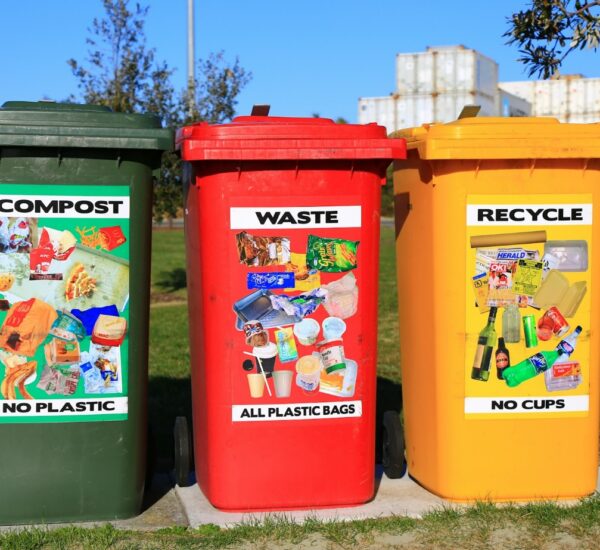Today electronic-waste or e-waste has mounted exponentially as the use of electronics and electronic gadgets have increased. Electronics such as computers, televisions, mobile phones, fridges, tablets, washing machines, digital cameras, home entertainment systems, dryers, stereo systems, toasters, and kettles come with circuitry, battery supply, and electrical components. Thus, e-waste is increasing and with it, the concern regarding the disposal and recycling of this waste. Health hazards occurring due to the discharge of toxic materials into the environment have amplified the need for efficient e-waste management techniques. Thus, the market for e-waste management is expected to flourish in the coming years.
The study presents a comprehensive assessment of the global e-waste management industry, taking into account historical trends, data, and statistics that help with future projections of the market size. The market is segmented on the basis of source of waste generation and geography. By source of waste generation, the global electronic-waste market is segmented into IT and Telecom, domestic, and consumer electronics.
Global E-Waste Management Market: Trends and Opportunities
The migration to flat-screen televisions and monitors and also from analogue to digital technologies is expected to fuel the generation of e-waste. Rapid innovation in home appliances and electronics are expected to boost their sales and this in turn will lead to more e-waste, furthering the need for e-waste management. In addition to this, the market is also positively influenced by factors such as rapid industrialization and urbanization.
Policies which define e-waste regularization are expected to boost the growth of the market and create a higher level of awareness regarding the harm caused by electronic waste on the environment. Policies are ensuring that manufacturers are responsible for the complete lifecycle of their electronic items. Many electronic and IT companies are joining hands with organizations that help in the management of e-waste. Additionally, awareness is being created about the need to donate, reuse, and lease electronic goods so as to extend the life of products and curb e-waste. On the other hand, some of the factors dampening the market are high costs incurred during recycling and a lack of waste collection centers.
Global E-Waste Management Market: Region-wise Outlook
On the basis of geography, the market is segmented into North America, Europe, Asia Pacific, and the Rest of the World. Of these, the e-waste generation market is leading in North America and Europe. These regions are sensitive to issues pertaining to environmental pollution and thus, contribute maximum to the global e-waste generation market. Asia Pacific is also expected to follow in the line in terms of significant growth in the coming years. As this region houses many consumer electronics manufacturers, the need to minimize e-waste is estimated to grow and drive the market in the years to come. Countries such as China and Japan are expected to be key contributors to the market.




